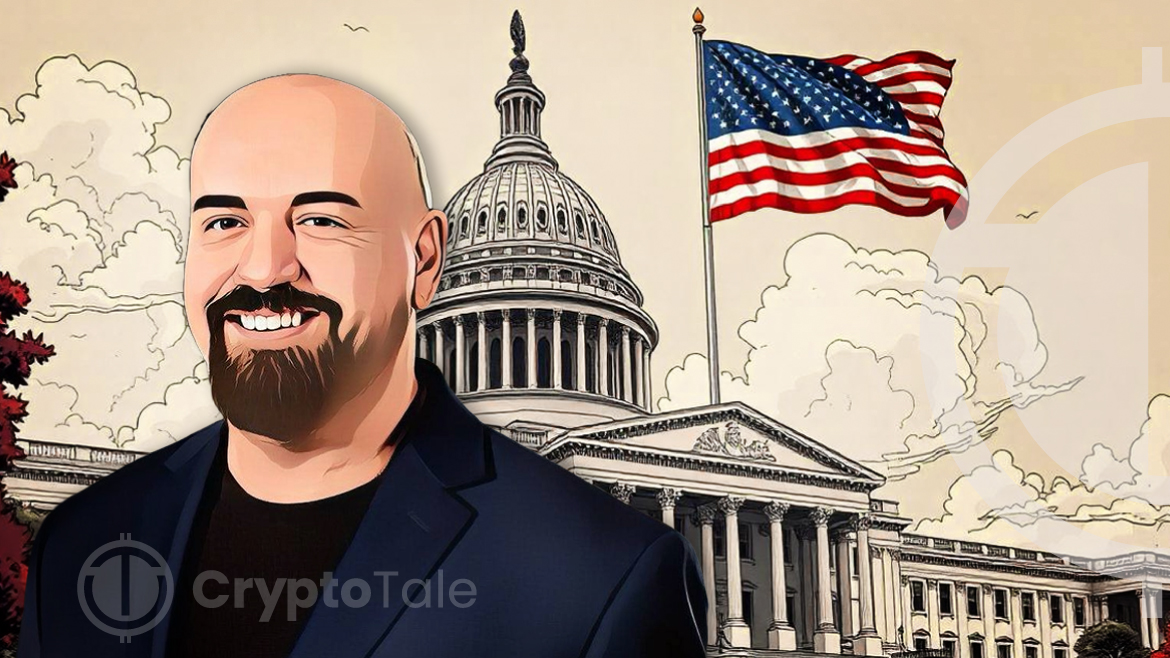- Critics argue Warsh and Stebbins’ appointments could hinder crypto innovation in the U.S.
- Kevin Warsh supports the U.S. CBDC to bolster global economic leadership and blockchain use.
- Musk backs Howard Lutnick for Treasury, citing the potential for significant economic change.
The reported nominations of Kevin Warsh and Bob Stebbins to key economic roles in Donald Trump’s administration are facing backlash. Warsh, a former Federal Reserve board member, is a leading contender for Treasury Secretary. Meanwhile, Stebbins is being considered for the SEC Chair position. Critics argue these choices could hinder Trump’s vision of making the U.S. a global leader in cryptocurrency.
John E. Deaton, founder of CryptoLawUS, has voiced strong concerns. He described the potential appointments as disappointing for the blockchain sector. Deaton noted that Warsh and Stebbins may disrupt innovation in cryptocurrency and decentralized finance.
Deaton also highlighted other contenders, such as Scott Bessent and Brian Brooks, as better fits for Trump’s economic agenda. Howard Lutnick, considered for a Commerce Department role, also received support from Deaton.
Trump Eyes Crypto Lawyer Teresa Goody Guillén for SEC ChairWarsh Advocates for U.S. Digital Dollar
Kevin Warsh’s views on central bank digital currencies (CBDCs) have sparked additional debate. He has long argued for a U.S. CBDC, citing its importance for America’s economic leadership. In 2022, Warsh wrote an op-ed in the Wall Street Journal, calling a digital dollar essential to counter China’s digital currency advancements.
Warsh envisions a blockchain-based digital dollar that is auditable and operates on decentralized technology. His support for a “Fedcoin” dates back to 2018, when he proposed creating a team to study its feasibility. Despite this focus on digital currencies, some critics worry Warsh may prioritize centralized systems over decentralized solutions. These critics suggest his approach could clash with the crypto community’s goals of greater decentralization.
Some believe Warsh’s approach leans toward stricter controls than those under the Biden administration. In particular, his push for a wholesale CBDC framework has sparked concerns among proponents of private stablecoins. Critics argue this could sideline decentralized blockchain innovations.
Industry Divided on Implications of Appointments
The crypto industry remains divided over these potential appointments. Elon Musk recently shared his thoughts on the matter, describing Scott Bessent, another Treasury contender, as a conventional choice. Musk added that Howard Lutnick could drive more substantial change.
As the Trump administration considers these appointments, their impact on U.S. economic policy remains a central topic. Crypto and blockchain advocates await further updates with cautious optimism and skepticism.






